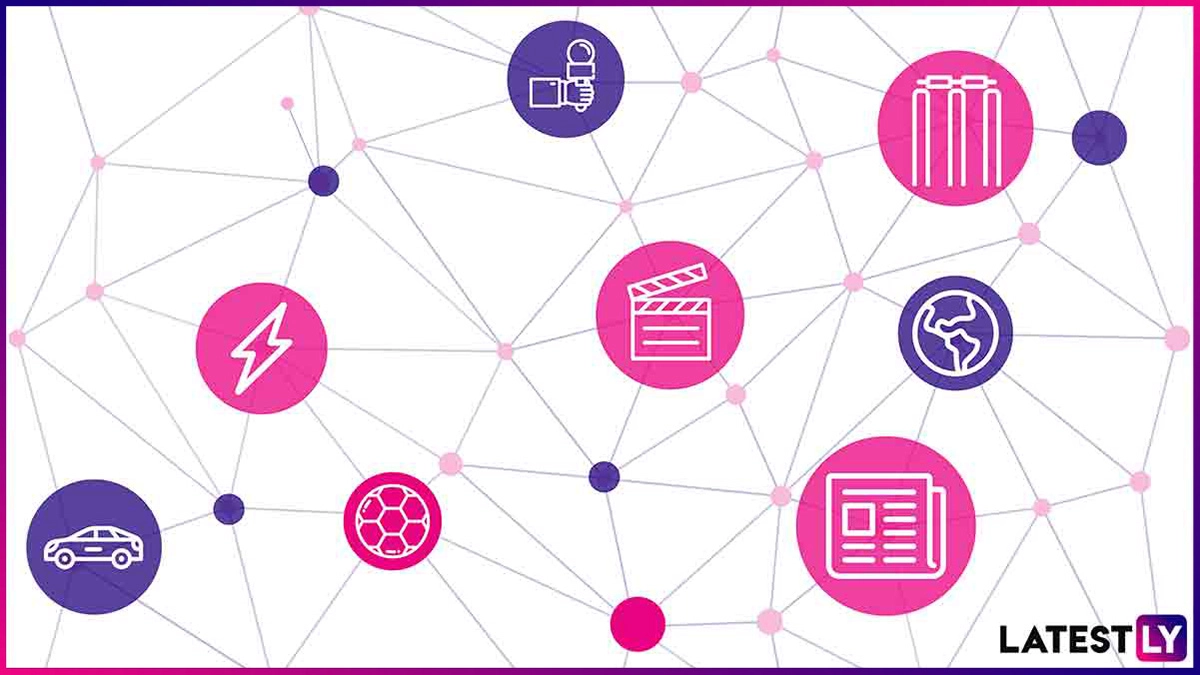Copyright farmersweekly

Reading Time: 2 minutes Determining the wants and needs of the next generation of consumers is an imprecise science. Try rationalising this: Millennials, those born between 1981 and 1996, are driven by feelings, focused on social media and influenced by celebrities. Generation Z, born between 1997 and 2012, are digital natives. The only world they know is one with the internet, smartphones and social media, but that doesn’t define them. London-based food futurist Dr Morgaine Gaye says they want reality and have very different values and expectations to Millennials. Generation Z are less trusting than their older cousins, which has helped curb the very real threat that alternative proteins once posed to meat and dairy consumption. The covid epidemic prompted them to reconsider what they want out of life, and to look anew at the world they would inherit and what they were eating. Inherently suspicious and questioning, they didn’t like the fact that they couldn’t recognise – let alone trust – many of the ingredients listed on the packaging of alternative protein products. And therein lies a challenge for those marketing our food products: two emerging generations with two very different outlooks on life. What was once another looming threat to meat and dairy producers is also stalling. The emerging protein fermentation process is far from being perfected or economically viable, and is plagued by requiring enormous amount of energy. The general consensus is that demand for dairy and meat should stay buoyant for another year or two due to a combination of declining global production and sustained demand. Dairy is enjoying what appears to be insatiable global appetite for protein and, while red meat faces some resistance due to price, consumers continue to trust it and recognise its health and dietary attributes. And that includes Generation Z. They love dairy protein and while they won’t sit down to a large steak every night, they will regularly eat small portions of quality red meat. They are a generation who want the truth, and products and experiences that are real. They will quickly see through any whitewashing or attempts to dupe them. They suffer from high rates of depression and other mental health challenges and live in the virtual world, but that does not mean they are disconnected. They have a very definite values and expectations, and are genuinely interested in the world around them. They will call it as they see it. They are emotionally driven, and this creates opportunities as they seek food and beverages to help them deal with stress and anxiety. They do not accept a life driven by getting a job, a house, a mortgage, and they also don’t accept what they see as global injustice. They are unhappy with aspects of the world they will inherit and are marching in the streets saying so. Generation Z will also lead the next major consumer trend: improved individual immunity and health. They will use tools and gadgets to determine their health, and seek food that provides the necessary micronutrients to enhance their individual health and improve immunity. It wasn’t so long ago that consumer trends posed a major threat to animal protein consumption.That risk may have eased a little, but the challenge of connecting with the latest consumer cohort remains.



